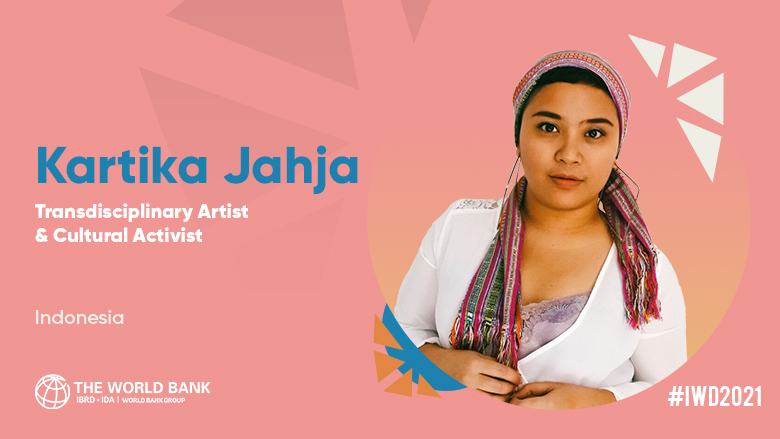How did you get into Singing and Songwriting? What inspired you to start?
Singing, writing songs, creating art, performing, have always come naturally to me since childhood. It’s the way I express myself. Whenever I see, feel, or experience anything significant, my first instinct is to pour it into creative work; whether it’s through music, poetry, audio-visual, wood work or any form of medium. Also, I have struggled with various mental health issues since I was very young. Art and music have always been the best emotional outlet for me and has helped tremendously in overcoming my worst periods in a mental health context.
It is more than just work or career for me, it is an extension of who I am as a human, and a gift that I am truly grateful for.
How was your work impacted by the pandemic?
The pandemic has been devastating to the arts and culture sector, particularly the music industry.
But this condition has broadened my perspective and helped redefine what it means for me to create - or in Bahasa Indonesia, ‘berkarya’ - which has a deeper meaning than just creating works in a material or tangible sense.
My works or ‘karya’ during this pandemic are no longer limited to songs, or writings, or performances for other people, which I had always been happy to do. But this time I am expanding and elevating my art and creativity into works that cultivate growth, like writing for my own wellness, doing sharing circles with fellow women artists, mentoring young girls, etc. And even further, I pour my creativity into different mediums, like permaculture farming and building a cabin with recycled and reclaimed materials. I think I have created some of my most unconventional and satisfying works during these trying times.
Do you think the pandemic has presented new challenges for women in Indonesia?
Gender-based violence and inequity are a problem that every woman faces daily even before the pandemic. Add to that a pandemic that forces you to stay at home, where not every woman is safe and supported. So many women I know are really struggling to juggle working from home and taking care of the household with very little or no help from their spouses. And many are experiencing domestic violence. Reports of domestic violence cases to legal aid institutions are experiencing drastic upticks. This is called a shadow pandemic and is something that we must acknowledge and shine a light on.
Do you think the pandemic has created any positive changes for gender equality in Indonesia?
In my line of work, where most people work in a freelance capacity, the pandemic has caused many to be out of work. The arts, culture, and creative economy sector is still overwhelmingly male dominated, therefore a large percentage of creative and art workers that are out of work are male. Many of whom are husbands, fathers and domestic partners, who are traditionally the family’s economic backbone.
But with these challenges, I am also seeing many women stepping up to become the breadwinners for their families by creating home businesses and some have flourished into successful small enterprises.
While I cannot call this a purely “positive change”, because it is rooted in crisis, it’s quite empowering to see women proving that when we ditch the gender roles and we give women room to grow their potential, we are really forces to be reckoned with.
This year's theme is 'Women in Leadership' - is there a female leader that inspires you?
I see amazing women leaders everywhere around me, who may not be public figures, but doing amazing works in their own ways which impacts their communities.
Some of the women whose leadership I admire are Gunarti and Sukinah, two farmers, environmental warriors, and community leaders from the Kendeng Karst in Central Java, also dubbed as Kartini Kendeng. I have been following their movements for many years, and I admire them so much for their courage, persistence, and how they exude the strength of femininity in their leadership.
What do you think needs to be done to ensure more women take up leadership positions in Indonesia?
To include more women in leadership positions, we need to shift our understanding of what leadership is. We are still under the presumption that to be a strong leader is to adopt masculine values and characteristics, like aggressiveness, dominance, and show of power. We expect women leaders to think and act like men, and to discard our feminine qualities which is unfortunate. Because good leadership also requires empathy, intuition, creativity, and fluidity. We have seen throughout this pandemic how women leaders can do better in handling the global crisis.
What do you enjoy most about your work?
The truly rich and priceless experience that I gain from it. My work has taken me to the most amazing places, I have met the most peculiar characters (both good and bad). I am constantly pushing my own boundaries, challenging my perspectives, and breaking out of my comfort zone. It has its challenges, but I wouldn’t have it any other way.
Do you have any advice for women in Indonesia?
To take pride of our heritage, of the wisdom and knowledge passed from our ancestors. But at the same time be critical of the cultures in our society that are toxic and harmful for us women. Traditions and cultures are man-made (pun intended lol), and they are not immune to criticism and change. Let us dismantle misogynistic culture and not pass it on to our daughters.
What are your hopes and plans for the future?
For us, the world, to heal together. And be better, kinder occupants of this planet.
**The views expressed in this interview do not necessarily represent the views of the World Bank Group and its employees.

